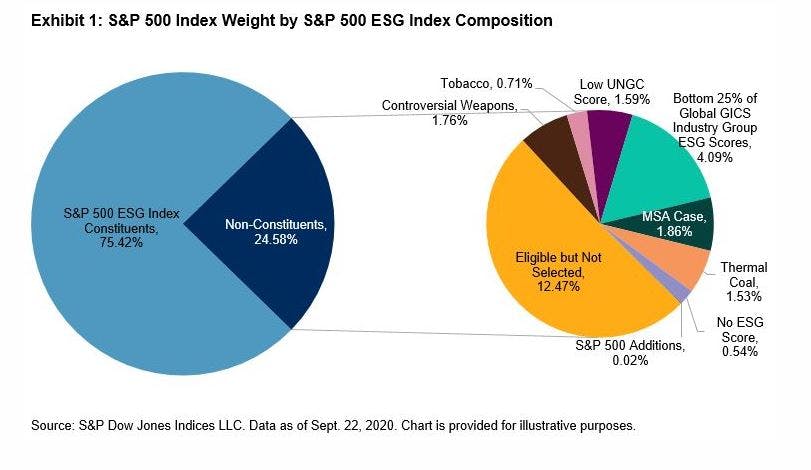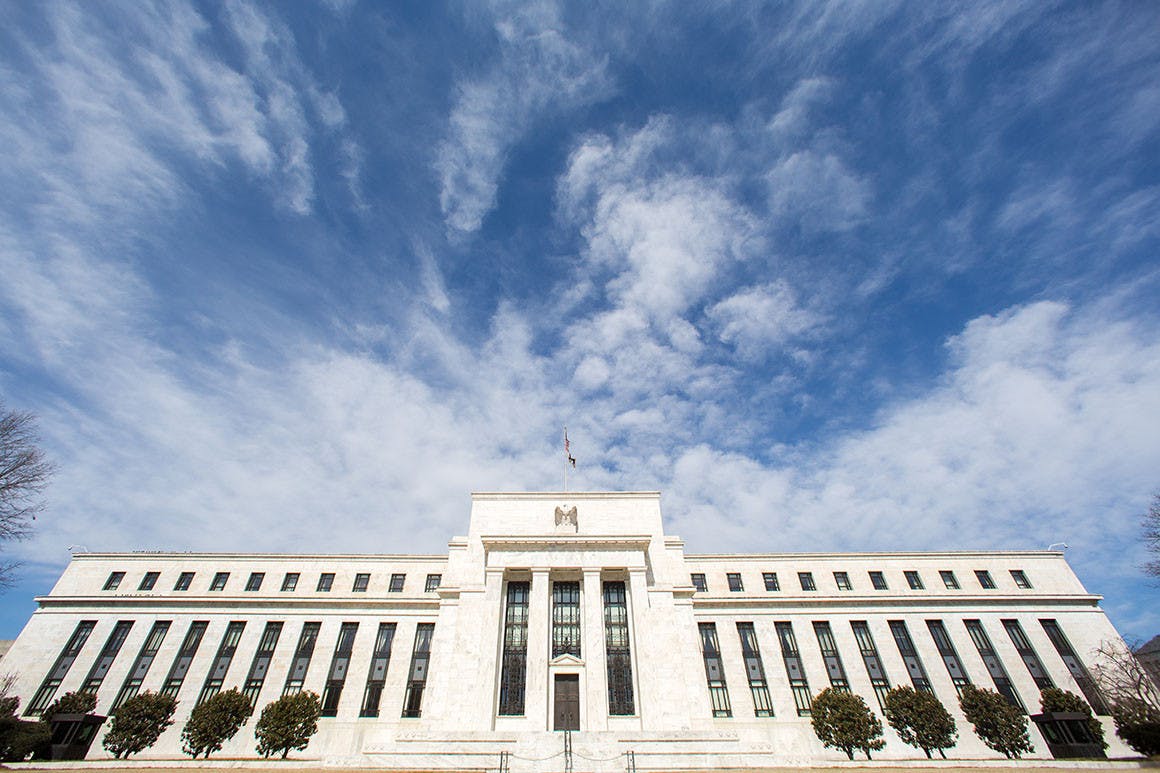 Bloomberg
Bloomberg
Devon to Buy WPX After Permian Investors Push for More M&A
Devon Energy Corp. agreed to acquire WPX Energy Inc. in a $2.56 billion all-stock deal, creating one of the largest independent U.S. shale producers and answering investor calls for consolidation at a time of crisis for the sector.
The transaction, which includes a deal premium of about 2.6%, will see Devon shareholders own approximately 57 percent of the combined entity, the companies said Monday in a statement. Shares of Devon and WPX surged, indicating investor enthusiasm for the deal.
Read more S&P Global
S&P Global
Thermal Coal Companies Removed from the S&P 500 ESG Index in Response to Market Demand
The fast-changing nature of the ESG landscape is no stranger to those within it. Competing definitions, variability in scoring methodologies, and a spectrum of individual investor objectives have made fertile ground for divergent approaches. However, among this slew of sustainable investment strategies, common threads have emerged. When the S&P 500 ESG Index was launched in January 2019 as an accessible starting point for ESG investors around this world, it did so by excluding the types of business activities deemed unacceptable by the broadest possible majority of sustainability-minded investors and selecting constituents according to their relative S&P DJI ESG Score performance within index and industry groups. At the time, this meant avoiding companies involved in controversial weapons and tobacco, in addition to other sustainability screens not specifically tied to business involvement. Just over 19 months later, the landscape has evolved to a point at which thermal coal companies may now be counted among this lowest common denominator of “unsustainable” investments. Thus, after an industry-wide, public consultation that confirmed this shift in investor perception, the S&P ESG Index Series Methodology was updated to exclude thermal coal in an extraordinary rebalance that took effect on Sept. 21, 2020.
Read more Financial Times
Financial Times
Rosneft warns BP and Shell creating ‘existential crisis’ for oil supplies
Russia’s Kremlin-controlled oil company has warned that BP and Royal Dutch Shell are creating an “existential crisis” for oil supplies that will lead to higher prices, attacking their shift towards renewables when demand is still growing.
Didier Casimiro, one of the top executives at Russia’s state-backed Rosneft, said national oil companies would take a greater share of the market if energy majors cut investments as supply shortages were almost inevitable should demand return to pre-pandemic levels.
Read more Politico
Politico
Black families average less than 15 percent of wealth of white families, Fed says
The average Black family had less than 15 percent of the wealth of white families in 2019, a trend that barely budged despite economic gains among minorities over the past three years, the Federal Reserve said on Monday.
According to a Fed survey of consumer finances conducted every three years, the median wealth of white families was $188,200, compared with only $24,100 for Black families. Central bank economists attributed that gap to “many complex societal, governmental, and individual factors that play out over the life cycle and across generations.”
Read more Houston Chronicle
Houston Chronicle
Just because your employer got a PPP loan doesn’t mean you’ll get your job back. Here’s why.
For the first time in years, Shanon Scott, owner of Roma, an Italian restaurant in Rice Village, found himself washing dishes last spring.
As he tried to save his business during the coronavirus shutdowns, he slashed his 14-person staff to two and reached for a lifeline: the Paycheck Protection Program. The program, which helps small businesses keep doors open and employees on the payroll, provided a low-interest loan that indeed kept the Roma open.
Read more